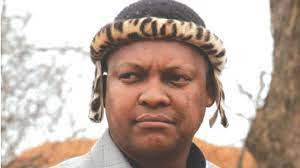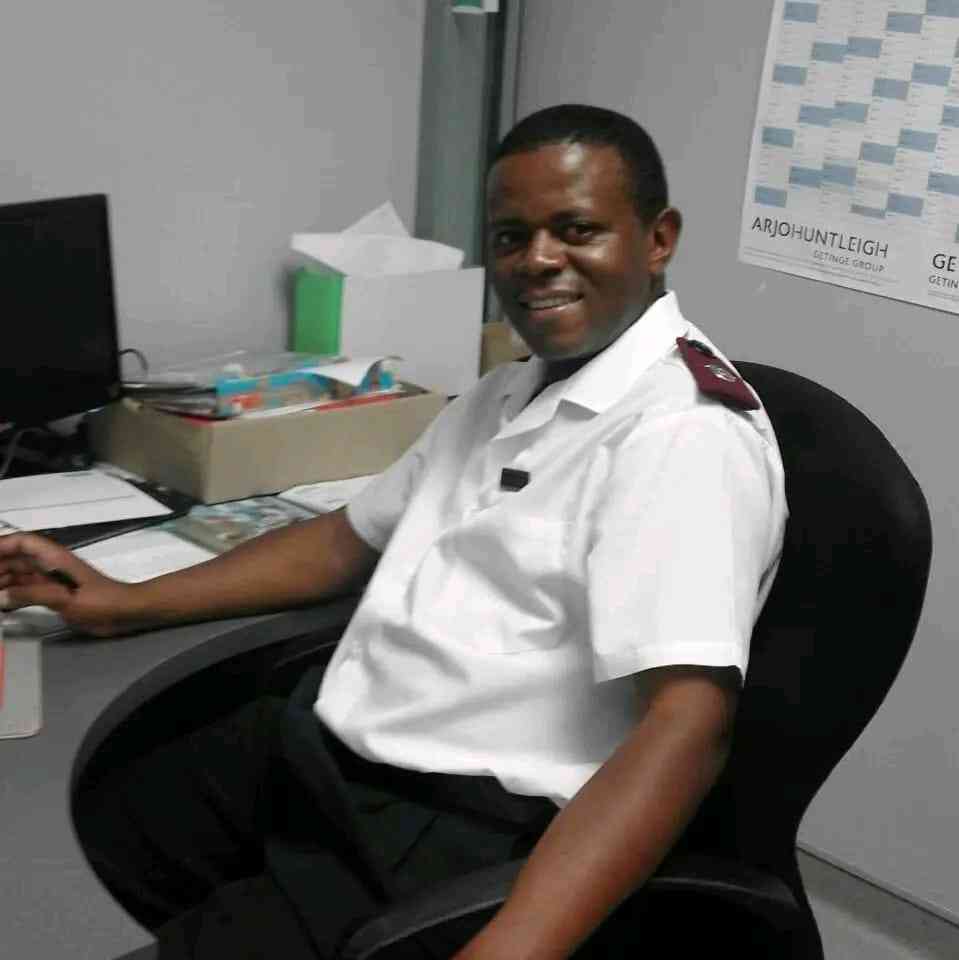Sydney McLaughlin-Levrone is an astonishing athlete – and, more importantly, person.
She won gold medals in the 400m hurdles at the 2020 and 2024 Olympics (as well as gold in the 4 x 400m relays at both Olympics), broke the world record for the 400m hurdles four times in thirteen months and has been voted World Athletics Female Athlete of the Year — and she is still only 25 years old!
Furthermore, she was the youngest person for forty years to represent the USA at an Olympics when she incredibly reached the semi-finals of the 400m hurdles at the age of 15.
At the age of 17, she had appeared on the front cover of the illustrious Sports Illustrated. Well might we be tempted to think: Great Jumping Jehoshaphat!
Sydney has greatness written all over her! In one sense we do not need to debate (as we reflected in a previous article) whether she was born great, achieved greatness or had greatness thrust upon her; she has greatness! What parent would not want such for their child?
In that previous article, we looked at Stephen Donald’s involvement when he was thrust into the limelight of the Rugby World Cup Final to kick the winning penalty, coming from a fishing holiday with a few of his mates, it being described as a “charming story of redemption” as well as, we might add, a tale of “Cometh the hour, cometh the man”. In contrast, Sydney McLaughlin-Levrone’s story could be defined as including a disarming story of rejection. But wait, what has greatness to do with rejection?
Keep Reading
- In the groove: Has Enzo Ishall rescinded his decision to quit?
- Interview: Ngwerume’s artistic exploits put Zimbabwe on global map
- Interview: Ngwerume’s artistic exploits put Zimbabwe on global map
- Top Zim triathlete makes history in the US
In that same article, we noted briefly that “greatness involves risk (of failure, of ridicule) and responsibility as well as costing time, effort and expense”. To that list, we may add that greatness involves jealousy, judgment and jeopardy. In a fascinating article on her early years, we can learn how Sydney returned to her school life from the Rio Olympics as this young teenager and “you would think the world would be at her feet, but instead, she found herself facing something unexpected — rejection”. Come again? This incredible athlete returning to her new academic year at her school from an amazing summer at the Olympics facing rejection? Surely, she would receive a hero’s welcome, loads of attention, great popularity? But rejection? Jealousy?
We read further that “The Olympics hadn’t just changed Sydney’s life; it had changed the way her peers looked at her... Behind those looks were jealousy, judgment, and ultimately, silent bullying.”
The impact that this had on her was massive and led to her making the decision not to represent her college relay team in their national championships, even though she recognised that this was “forfeiting a national title for myself and the other girls”. The judgment that came upon her for making such a decision was even more extreme. Pressure brings many dangers.
The isolation was severe but in reality, it was not everything but only served to hide or disguise the biggest factor. The toughest part was “the anxiety of living up to her own greatness”.
Greatness brings pressure, “the pressure to be perfect, to never lose”, as she herself identified – as a result, she had to contend with “the weight of expectations, both her own and everyone else’s”.
How aware are we of this when we push our children to succeed in their sport? Do we pay any cognisance to the strong point that the writer identified when stating that “even those who seem destined for greatness are still human, grappling with doubt, pressure, and the simple desire to fit in”.
And all the time, she simply longed for the opportunity to have the freedom to run with no burden, no pressure.
It is hard enough for a mature adult to endure such greatness, so how much greater is such pressure of greatness on youngsters? Children are very human, less equipped to handle all that might come with high levels of competition at school so we need to be very, very careful.
There is great jeopardy in pushing children too fast too young; indeed, there is jeopardy in acclaiming unbeaten records.
Many prefer to fit in rather than stand out. Following such a year, Sydney went on to be stronger and win greater accolades. She has become greatness personified – on and off the track, as an athlete and a person. Let us not forget though: greatness is a heavy burden, a big responsibility.
Youngsters need support, guidance, protection, and above all, time. Beware jealousy, judgment and jeopardy. We must not jump on the bandwagon but remember Jehoshaphat – and Sydney.





